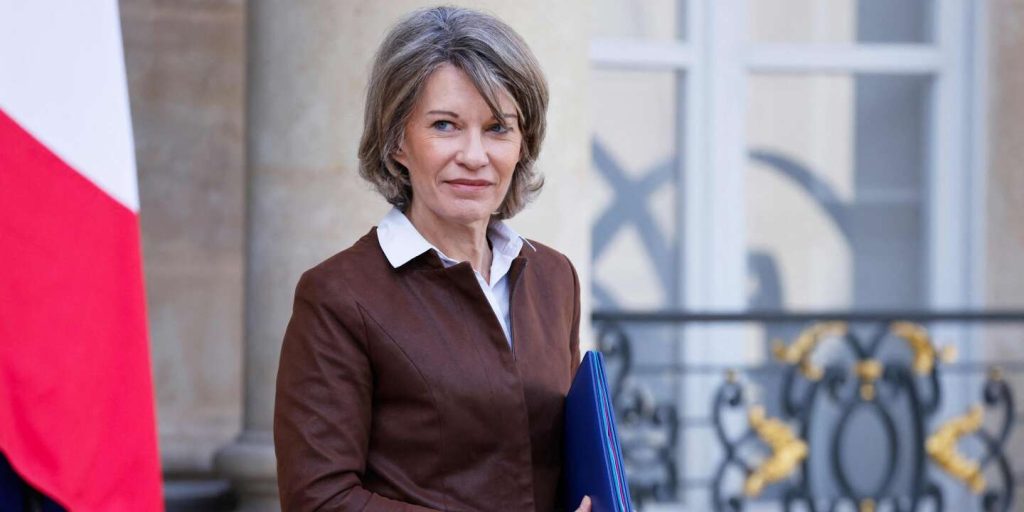Michel Barnier was interviewed on France 2 on Thursday evening about the tight budget he is preparing to present, aiming to reduce the debt by 60 billion euros. He denied any “fiscal shock” or “austerity” and “rigor” policies, revealing some details about the planned tax increases in the budget and answering questions about the policies he plans to implement at Matignon. Around 300 big companies will be affected by the tax hikes, with a special temporary contribution to be imposed for one or two years, stipulated in the law. Most of the 4 million businesses will not face any new taxes.
The increase in taxes for the wealthiest households will yield 2 billion euros, with households earning over 500,000 euros being targeted. There will be a delay of six months in the indexation of retirement pensions on inflation, beginning on July 1, 2025, instead of January 1, which Barnier referred to as a “fair” effort required from retirees. The Parliament will have the freedom to propose changes during the budget debates.
Michel Barnier hinted at the 40 billion euros in savings planned for various sectors in the upcoming budget, including merged public services, the non-replacement of certain non-essential civil servants, and consolidating redundant state agencies. He mentioned reallocating aid for apprenticeships and reducing spending on medical transportation to achieve these savings. The Prime Minister emphasized his authority in setting the immigration policy direction, rejecting the need for a new immigration law as demanded by some politicians.
Regarding the contentious issue of end-of-life care and the suspended debate on the “right to die” legislation, Michel Barnier expressed his support for resuming work on the bill following a thorough parliamentary debate. He personally agreed with the initial version of the legislation, which included provisions for assisted dying under strict conditions. Barnier stated that he alone sets the path for immigration policies, with strict measures planned to control it. The interview provided insights into the budgetary measures and policy direction of the government under Barnier’s leadership.


